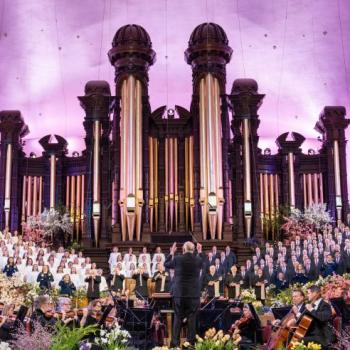9.5. Christian evangelicals and LGBT people actually have more in common than either side would care to admit. Last, but not least, I conclude with a thesis that is somewhat less scriptural and theological, but more sociological in nature. As someone who "lives" in both the LGBT world and the Christian world, I believe that both communities actually have a lot more in common that either side would care to admit. In both worlds, there is often a tight-knit sense of fellowship, community, shared experiences and mission, and shared texts and cultures. There is also a sense of being marginalized and persecuted within a larger society. Indeed, both groups often experience difficulty in terms of talking about or "coming out" about one's deepest beliefs and loves openly in many day-to-day situations. It seems to me that a more thoughtful dialogue between these two groups might uncover many of these similarities and help each group better empathize with the other.
In sum, my hope is that these 9.5 theses for a new Reformation might be a useful start in terms of encouraging a deeper and more authentic dialogue between non-LGBT Christian evangelicals and LGBT Christians. As I mentioned above, it is my hope that such dialogue might lead toward a "turning of the mind" by evangelicals about their historically negative views of LGBT people. Similarly, such a dialogue might help LGBT people to reassess our attitudes toward evangelicals, as well as to practice forgiveness of those who may have trespassed against us.
The Rev. Dr. Patrick Cheng will be joining the faculty at the Episcopal Divinity School in the Fall of 2010 and is ordained in the Metropolitan Community Church.




